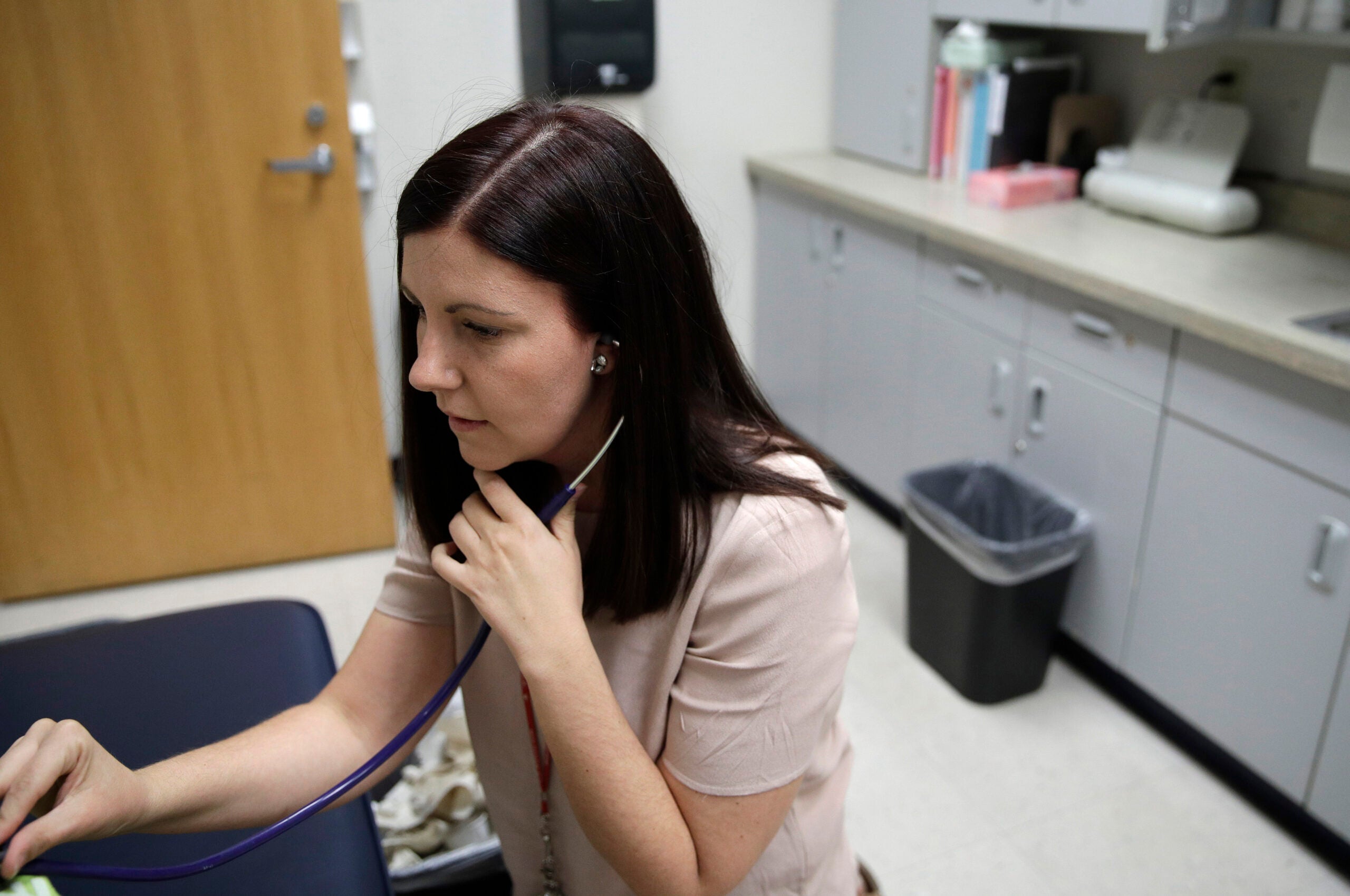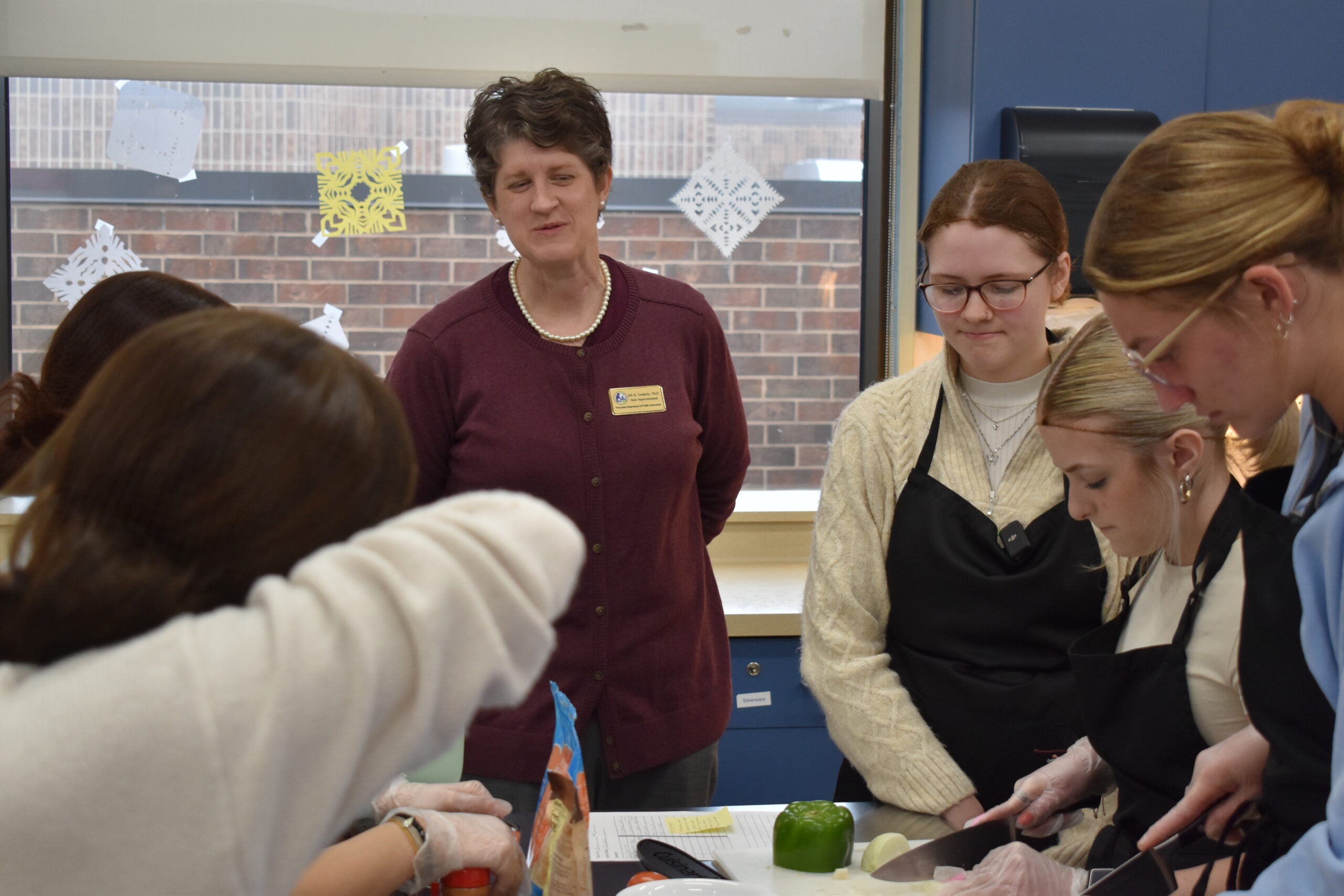Several Wisconsin technical colleges are getting federal funding to help expand their nursing programs, but a lack of space at hospitals means some students will have to wait two years for clinical trials needed to graduate.
About $20 million will be split among Wisconsin technical schools, but Chippewa Valley Technical College is the lead administrator of the grant. CVTC President Bruce Barker said the money will be used to hire teachers, allowing the school to open additional sections of registered nursing and certified nursing programs. It’s expected this will allow an additional 150 students to enroll — an expansion that Barker said is important, given that baby boomers are aging and more people are getting access to health care through the Affordable Care Act.
“We know that there will be an ever increasing demand for healthcare workers,” he said.
Stay informed on the latest news
Sign up for WPR’s email newsletter.
Despite the federal grant, there is still a bottleneck for nursing students that need clinical trials in the Chippewa Valley. Barker said nursing and dental hygienist programs have waitlists of up to two years.
“There’s a finite limit there as to how many students the hospitals and the clinics are willing to take on to shadow their employees and work in their environment,” said Barker. “So the number of clinical sites does limit the students that we can serve at any one time.”
According to Connor Smith of the Wisconsin Technical College System, the problem extends beyond CVTC’s campus.
“Those clinical spots are often limited, and that is certainly not just the case in the Eau Claire region — that’s true statewide,” said Smith.
CVTC said part of the federal grant will help them expand high-tech simulators that react to medical treatment given by students. Barker hopes that in the future, those may be able to help reduce the backlog of students waiting for clinical trials.
Wisconsin Public Radio, © Copyright 2024, Board of Regents of the University of Wisconsin System and Wisconsin Educational Communications Board.




